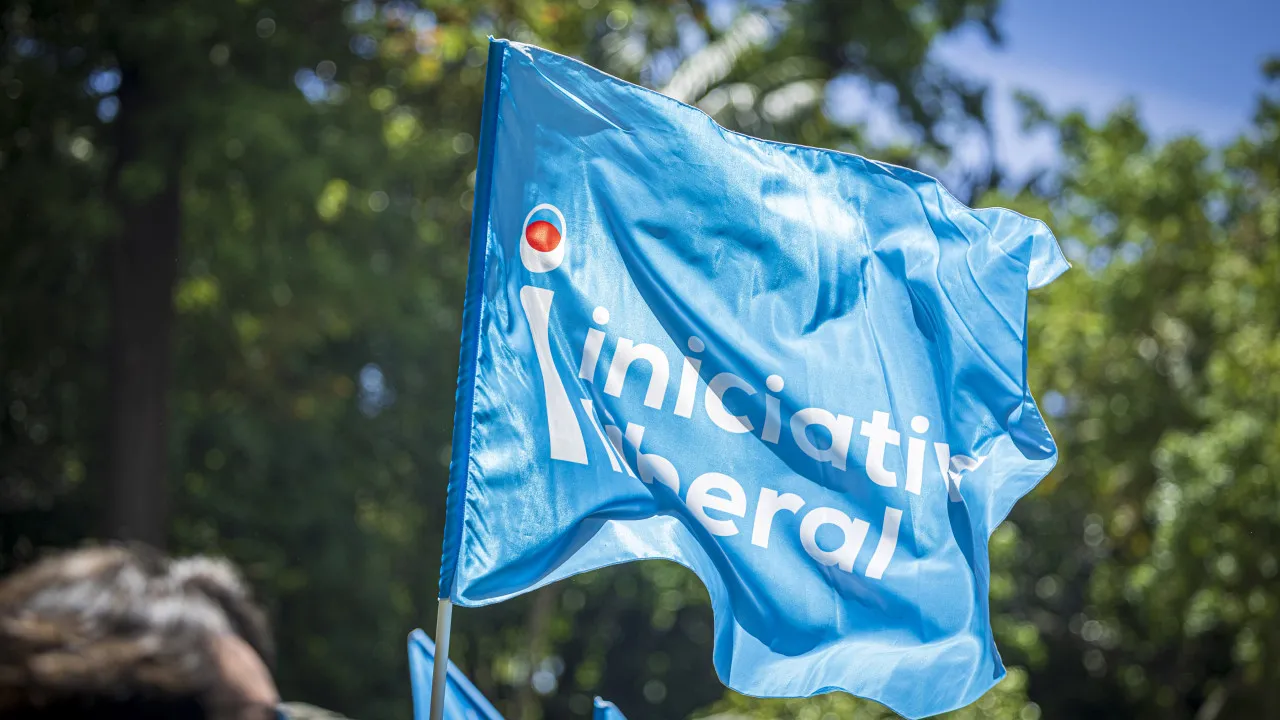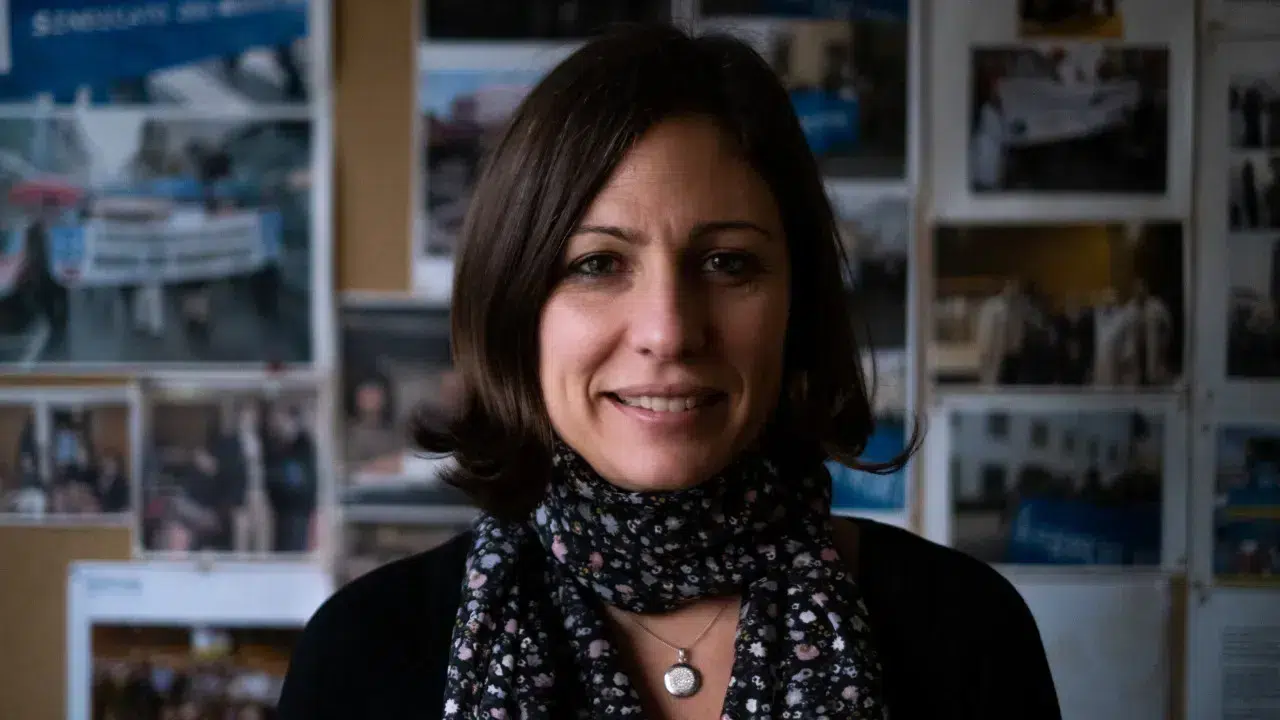The National Electoral Commission (CNE) considered that there was “evidence of the practice of the crime of violation of the duties of neutrality” by the Funchal City Council by using the water bill to disseminate “electoral propaganda”, indicated today the PS, responsible for the complaint.
“We hope that this decision by the CNE will put an end to the illegalities and bring justice to the unlawful use of consumer databases,” said Councillor Miguel Silva Gouveia, from the opposition Confiança coalition (PS/BE/PDR/MPT/PAN), in a statement.
In the opinion, dated August 31, the CNE clarifies that in the context of the legislative elections in Madeira, scheduled for September 24, the PS filed a complaint against the mayor of Funchal (PSD/CDS-PP), Pedro Calado, regarding the sending of a leaflet with the water bills for July and messages of alleged institutional advertising on the back of the bill.
The participant claimed that the leaflet was orange in color, which could lead to confusion with the PSD, and considered that this resulted in “a clear attempt to influence the voters’ vote”, since “the initiative contributes to associating the Funchal City Council with the PSD”.
According to the CNE, the mayor of Funchal, who was notified to comment, said that he was not a candidate in the next regional elections and that, for this reason, “it is all too clear that the words on the back of the water bill sent to the citizens of this city, all of which relate to municipal initiatives, cannot have, and certainly do not have, any influence on the elections to the Legislative Assembly of the Autonomous Region of Madeira”.
Pedro Calado added that the leaflets in question make no reference to or connection with the regional government or the election campaign.
However, the National Electoral Commission has decided to refer the file to the Public Prosecutor’s Office, as there are “indications that the crime of violating the duties of neutrality and impartiality” has been committed.
On the other hand, he warned the mayor of Funchal to “refrain, in the future and until the end of the electoral process, from taking positions or practicing acts that, directly or indirectly, favor or harm one candidacy to the detriment or advantage of others.”
The CNE also decided to inform the National Data Protection Commission of the use of the Funchal municipality’s water consumer database for “purposes other than those for which it was collected”.
For the September 24 elections, the Madeira Court validated 13 candidacies, corresponding to two coalitions and 11 other parties, but the definitively admitted lists will only be published on September 4.
The draw for the order of the 13 political forces on the ballot paper put the Portuguese Labor Party (PTP) in first place, followed by Juntos Pelo Povo (JPP), Bloco de Esquerda (BE), Partido Socialista (PS), Chega (CH), Reagir Incluir Integrar (RIR), Partido da Terra (MPT), Alternativa Democrática Nacional (ADN), Somos Madeira (PSD/CDS-PP coalition), Pessoas-Animais-Natureza (PAN), Livre (L), CDU – Coligação Democrática Unitária (PCP/PEV) and Iniciativa Liberal (IL).
The previous regional elections were held on September 22, 2019.
In this election, in a single constituency, 16 parties and a coalition competed for the 47 seats in the Madeiran parliament: PSD, PS, CDS-PP, JPP, BE, Chega, IL, PAN, PDR, PTP, PNR, Aliança, Partido da Terra – MPT, PCTP/MRPP, PURP, RIR and CDU (PCP/PEV).
The PSD then lost, for the first time, its absolute majority in the Madeira Regional Legislative Assembly, which it had held since 1976, electing 21 deputies and formed a coalition government with the CDS-PP (three deputies).
The PS elected 19 deputies, the JPP three and the PCP one.








